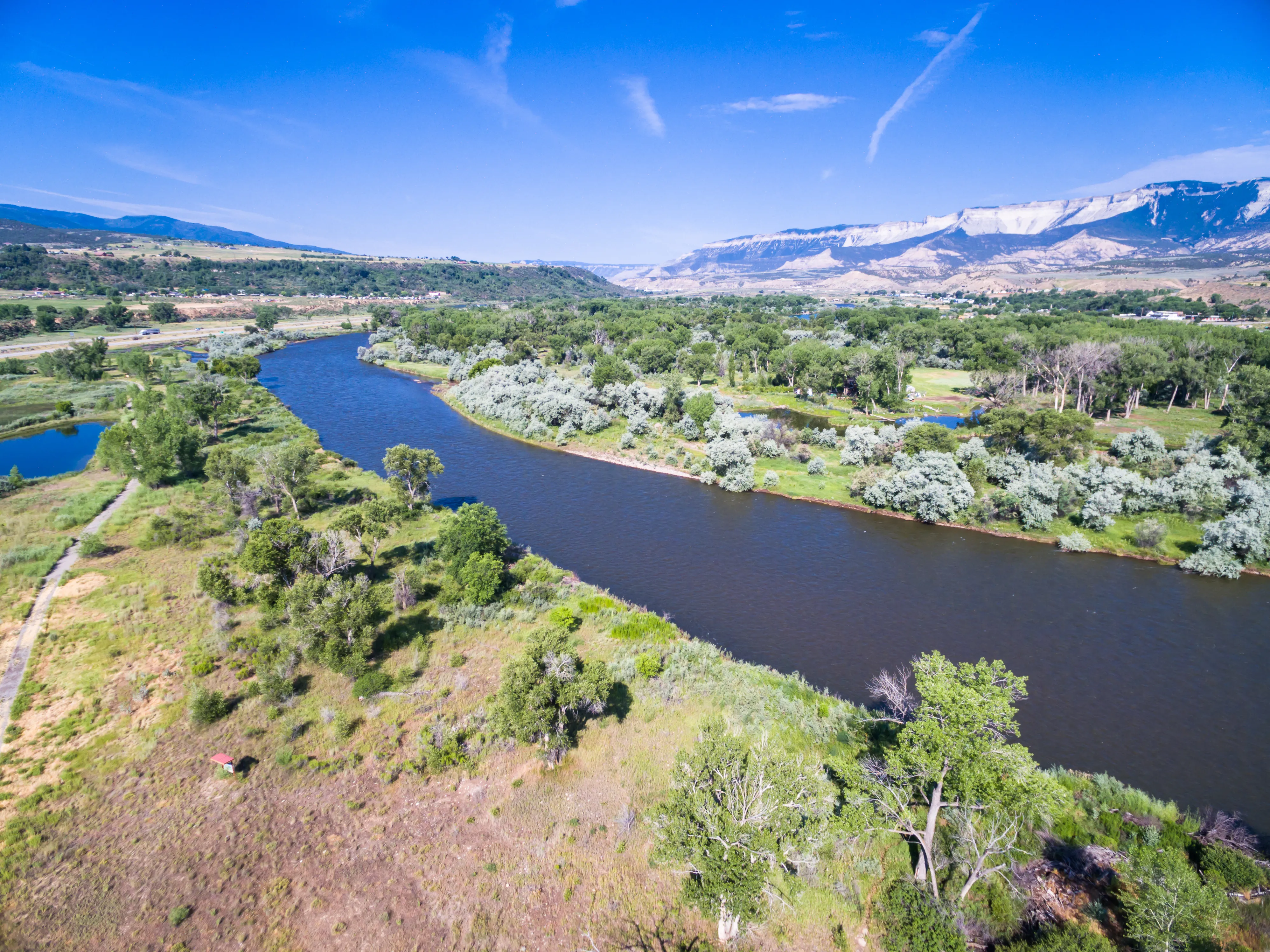
Daily Audio Newscast Afternoon Update - April 24, 2025
© INDU BACHKHETI - iStock-1336427297
News from around the nation.
In rare criticism of Putin, Trump urges the Russian leader to 'STOP!' after a deadly attack on Kyiv; Advocates warn HB 477 could limit health coverage in AL; Proposed changes to Endangered Species Act put ME wildlife at risk; MN town practices art of love, one letter at a time.
Transcript
The Public News Service Thursday afternoon update.
I'm Mike Clifford.
President Trump Thursday offered a rare criticism of Vladimir Putin, urging the Russian leader to stop after a deadly barrage of attacks on Kiev, Ukraine's capital.
That for the Associated Press.
"I'm not happy with the Russian strikes on Kiev.
Not necessary and very bad timing.
Vladimir, stop. 5,000 soldiers a week are dying," Trump said on Truth Social.
"Let's get the peace deal done."
Russia struck Kiev with an hours-long barrage of missiles and drones.
At least nine people were killed, more than 70 injured.
The AP notes on Wednesday Trump lashed out at Ukrainian President Volodymyr Zelensky and accused him of prolonging the killing field by refusing to surrender the Russian-occupied Crimea Peninsula as part of a possible deal.
Next to Alabama, where a health care proposal moving through the legislature is raising concerns among advocates who say it could leave thousands without vital protections.
House Bill 477 would authorize the Alabama Farmers Federation to sell health plans outside the scope of Affordable Care Act regulations.
While supporters say the measure could help ease the burden of high premiums for farming families, Ashley Lyrally with the American Lung Association warns it could create more harm than help.
"It will not provide consumers with the coverage that they need to stay healthy.
And we really believe that this will be particularly harmful for patients with pre-existing conditions like individuals with asthma and COPD and lung cancer."
Lyrally explained that the plans may look appealing at first glance, but could fall short when it matters most.
Shantia Hudson reporting.
And conservation groups in Maine say a proposed rule change to the Endangered Species Act could put the state's iconic wildlife at risk.
The Trump administration wants to change the long-standing definition of what it means to harm a species, to include only actions that kill or injure them, but not their habitats.
Anya Fetcher with the Natural Resources Council of Maine says the majority of species listed under the law are there because of habitat loss.
"This is basically aimed at allowing expansion of logging and developing previously wild or managed areas."
Federal officials contend too many regulations are slowing economic growth and that habitat destruction is not the same as intentionally hurting a species.
The public comment period on the proposed rule change runs through May 19th.
I'm Catherine Carley.
Next an Arts Midwest Minnesota News Connection collaboration.
When's the last time you wrote a love letter and then read it aloud to roam full of your neighbors?
That's what happened in a small Minnesota town when a performer inspired others to tap into their vulnerability.
Granite Falls residents gathered at the Yes House community space for a workshop featuring theater performer turned college student J.J. Kapoor.
"Sometimes I feel like it's to woo someone over in the kind of romantic love sort of sense.
I think other times it can be about gratitude."
Attendees spent two evenings writing heartfelt letters with the final line culminating in a public reading.
This is Public News Service.
North Dakota's governor this week signed a bill that maintains state funding for rural communities in dire need of thriving grocery stores.
The state launched a specialized grant program in 2023 that set aside $1 million for smaller communities to share if their local grocery store was in danger of closing its doors.
For example, one small community used its share to match funds for the purchase and reopening of a local convenience store, which added groceries and a restaurant.
Ellen Huber of the North Dakota Association of Rural Electric Cooperatives spoke in support of the new bill that extends these grant opportunities.
Without action, our rural communities are becoming increasingly reliant on distant markets for basic needs and are paying the transportation and fuel costs.
Huber told lawmakers that since 2014, North Dakota has lost 47 rural grocery stores, leaving only 90 operating around the state.
I'm Mike Moen.
And as the city of Milwaukee continues to grapple with addressing unsafe levels of lead across public schools, experts are calling it an environmental justice issue.
At least three Milwaukee schools have closed and about a handful of students were exposed to unsafe levels of lead.
As city officials continue to investigate, they're forced to do so without federal support that usually assists in crises like these.
Tony Wilkin-Gibbart with Midwest Environmental Advocates says Milwaukee was already facing a lead poisoning crisis from other sources and finding hazardous levels in schools can easily overwhelm city departments that are working with limited resources.
Milwaukee has the highest rates of childhood lead poisoning of any community in the state.
That problem is primarily driven by the fact that inner city Milwaukee has been historically subject to redlining, housing discrimination and disinvestment.
Gibbart says inner city kids may be going from homes that have lead hazards to schools that have lead hazards.
I'm Judith Ruiz Branch reporting.
Finally, a key energy bill aimed at attracting new power generation projects to Indiana is on its way to Governor Mike Braun after being approved by House Republicans.
We get the details from our Joe Ulori.
The bill speeds up approvals for large power users like data centers.
It lets utilities recover costs for projects that serve those customers.
It also requires major grid additions to cover at least 80 percent of project costs, shielding other ratepayers from extra expenses.
The plan from Republican State Representative Ed Saladay of Valparaiso increases oversight of utilities that want to shut down or convert coal-fired plants.
He said Indiana must incentivize businesses to get them here.
If we are able to incentivize them to come here, we get 80 percent of something, not 100 percent of nothing.
This story was produced with original reporting from Casey Smith for Indiana Capitol Chronicle.
This is Mike Clifford for Public News Service, member and listener supported.
Find our trust indicators at publicnewsservice.org.















